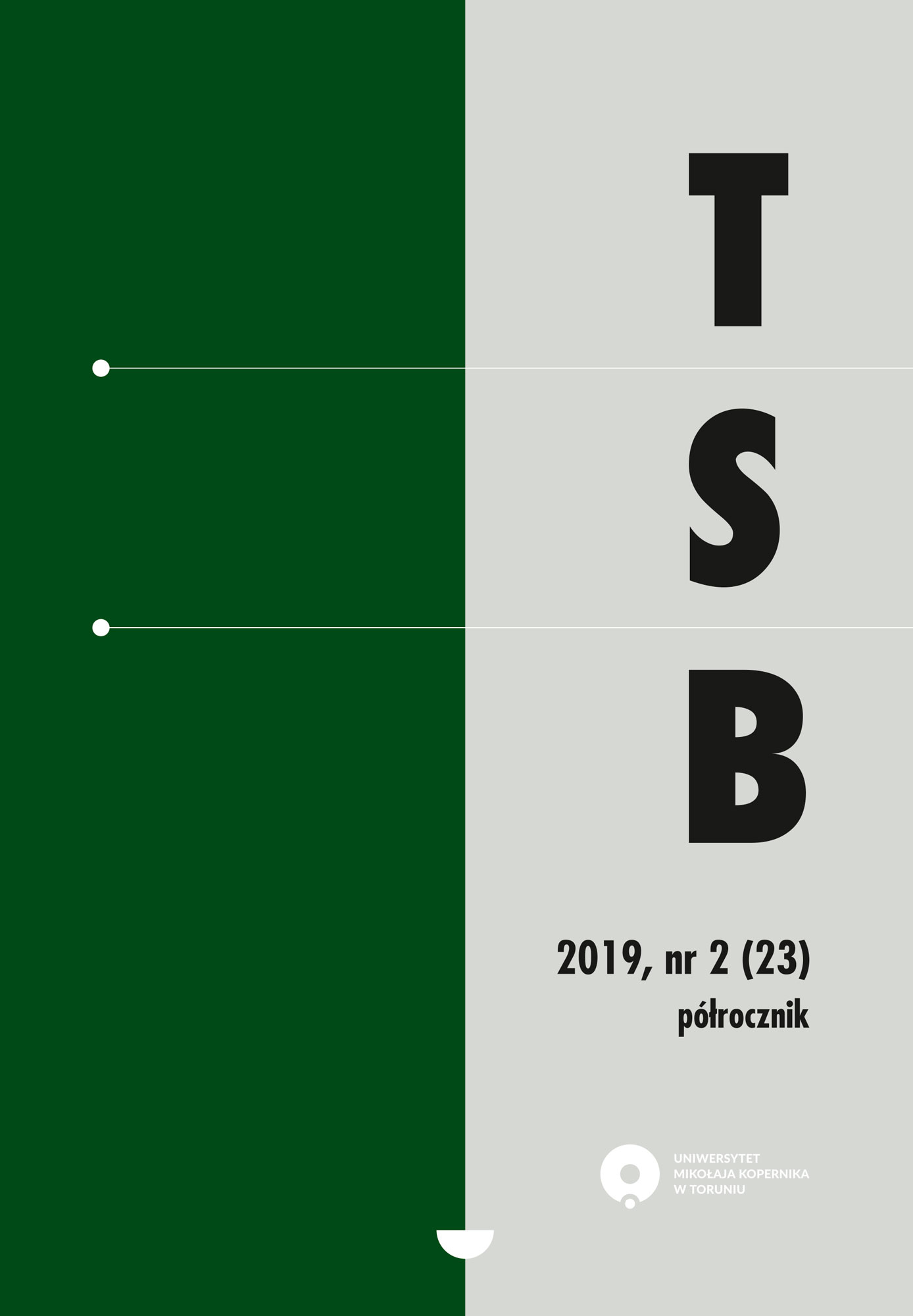Does Google know how to support student and teacher? Analysis and characteristics of the Google Classroom platform
DOI:
https://doi.org/10.12775/TSB.2019.013Keywords
E-learning, LMS, information architecture, usability, Google, Google classroomAbstract
The purpose of this article is to analyze technological solutions and evaluate the usefulness of Google’s free e-learning software. The author undertakes to indicate the advantages and disadvantages while checking the applications of the Google Classroom platform information architecture. The platform, developed since 2014, enjoys a constantly growing interest of smaller universities, and this is closely related to the dynamic development of available functionalities in the offer of one of the largest companies in the world of IT, which is Google. This allows us to assume that the aforementioned teaching platform, thanks to such a developed technological base and experience in the field of user-oriented systems, can become an important market alternative for commonly known LMS (Learning Management System) and LCMS (Learning Content Management System) solutions.References
Lynch Matthew, Interactive science for the google classroom, [w:] The Tech Edvocate [online] 2018 [dostęp 23 marca 2019]. Dostępny w World Wide Web: https://www.thetechedvocate.org/interactive-science-for-the-google-classroom.
Morgan Kate, Flat Design: Its Origins, Its Problems, and Why Flat 2.0 Is Better for Users [w:] Nielsen Norman Group [online] [dostęp 22 marca 2019]. Dostępny w World Wide Web: https://medium.com/microsoft-design/diy-a-webversion-the-fluent-design-systems-acrylic-material-fe2eac2a40bb.
Rosenfeld Louis, Morville Peter, Architektura Informacji w serwisach internetowych, Gliwice 2002.
Roszkowski Marcin, Folskonomia jako narzędzie społecznego tagowania, Warsztaty bibliotekarskie 4(24)/2007, [online] [dostęp 22 marca 2019]. Dostępny w World Wide Web: http://www.pedagogiczna.edu.pl/warsztat/2007/4/070404.htm.
Skórka Stanisław, Architektura informacji. Nowy kierunek rozwoju informacji naukowej, „Biuletyn EBIB” [online] 2002, nr 2 [dostęp 22 marca 2019]. Dostępny w World Wide Web: http://ebib.oss.wroc.pl/2002/40/skorka.php.
Skórka Stanisław, Nowe wyzwania architektury informacji, „Bibliotheca Nostra. Śląski Kwartalnik Naukowy” 2016, nr 2, s. 10−22.
Szalach Adam, Eyetracking jako metoda badań użyteczności portali e-learningowych, wystąpienie na konferencji: Architektura Informacji jako dyscyplina akademicka (AIDA), Uniwersytet Pedagogiczny w Krakowie, 5–6 czerwca 2018 r.
Cennik usługi [online] [dostęp 31 marca 2019]. Dostępny w World Wide Web:
https://edu.google.com/products/gsuite-for-education/editions/?modal_active=none.
Dąbek Grzegorz, Do 2019 roku udział Windowsa w rynku tabletów wzrośnie blisko dwukrotnie [online] 24 listopada 2015 [dostęp 31 marca 2019].
Dostępny w World Wide Web: https://www.tabletowo.pl/do-2019-rokuudzial-windowsa-w-rynku-tabletow-wzrosnie-blisko-dwukrotnie/.
https://opiniertvagd.pl/smartfony-kupuja-polacy.
Goździk Agata, Nowykurs online „STEM jest wszędzie” [online] [dostęp 31 marca 2019]. Dostępny w World Wide Web: http://scientix.pl/nowy-kurs-online-stem-jest-wszedzie.
Koncepcja hipertekstu [online] [dostęp 31 marca 2019]. Dostępny w World Wide Web: http://www.inzynieriawiedzy.pl/reprezentacja-wiedzy/koncepcja-hipertekstu.
Manage teaching and learning with Classroom [online] [dostęp 31 marca 2019]. Dostępny w World Wide Web:https://edu.google.com/products/classroom/?modal_active=none.
Oto najcenniejsze marki świata 2018 r. [online] [dostęp 31 marca 2019]. Dostępny w World Wide Web: https://businessinsider.com.pl/technologie/nowe-
-technologie/google-najcenniejsza-marka-swiata-2018/dk95yph.
Pobranie aplikacji Google Classroom [online] [dostęp 31 marca 2019]. Dostępny w World Web Wide: https://play.google.com/store/apps/details?id=com.google.android.apps.classroom.
Wszystko o Google [online] [dostęp: 31 marca 2019]. Dostępny w World Wide Web: https://about.google/intl/pl_pl.
Downloads
Published
How to Cite
Issue
Section
Stats
Number of views and downloads: 752
Number of citations: 0



